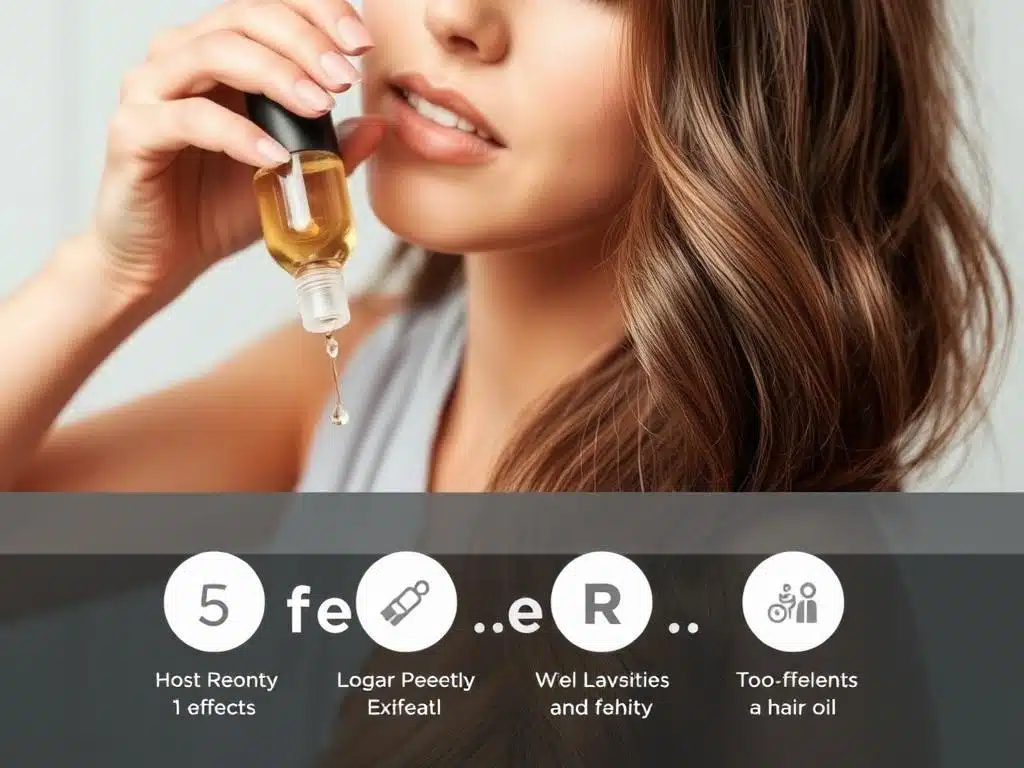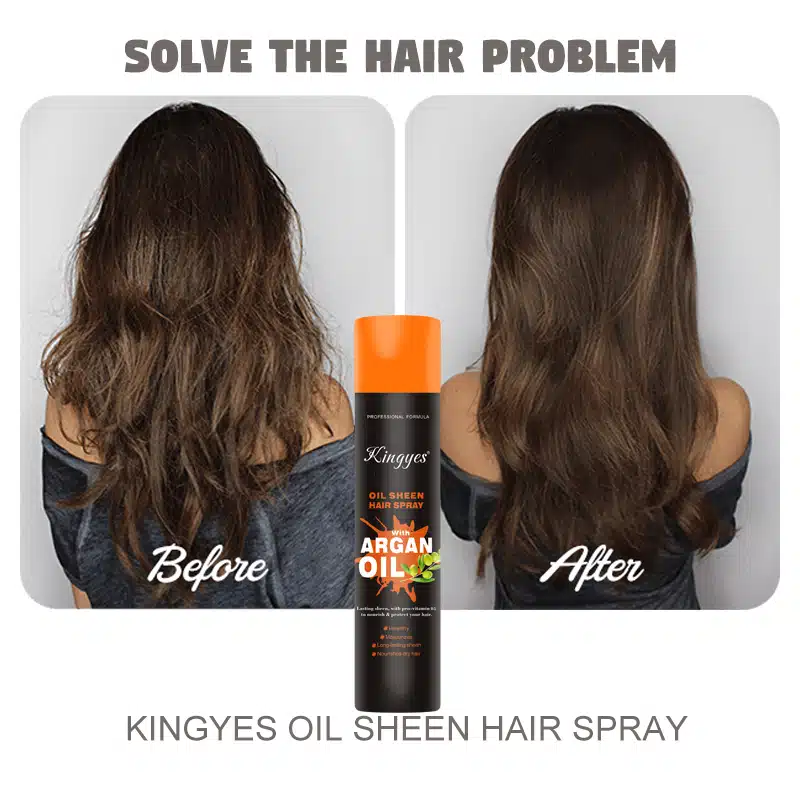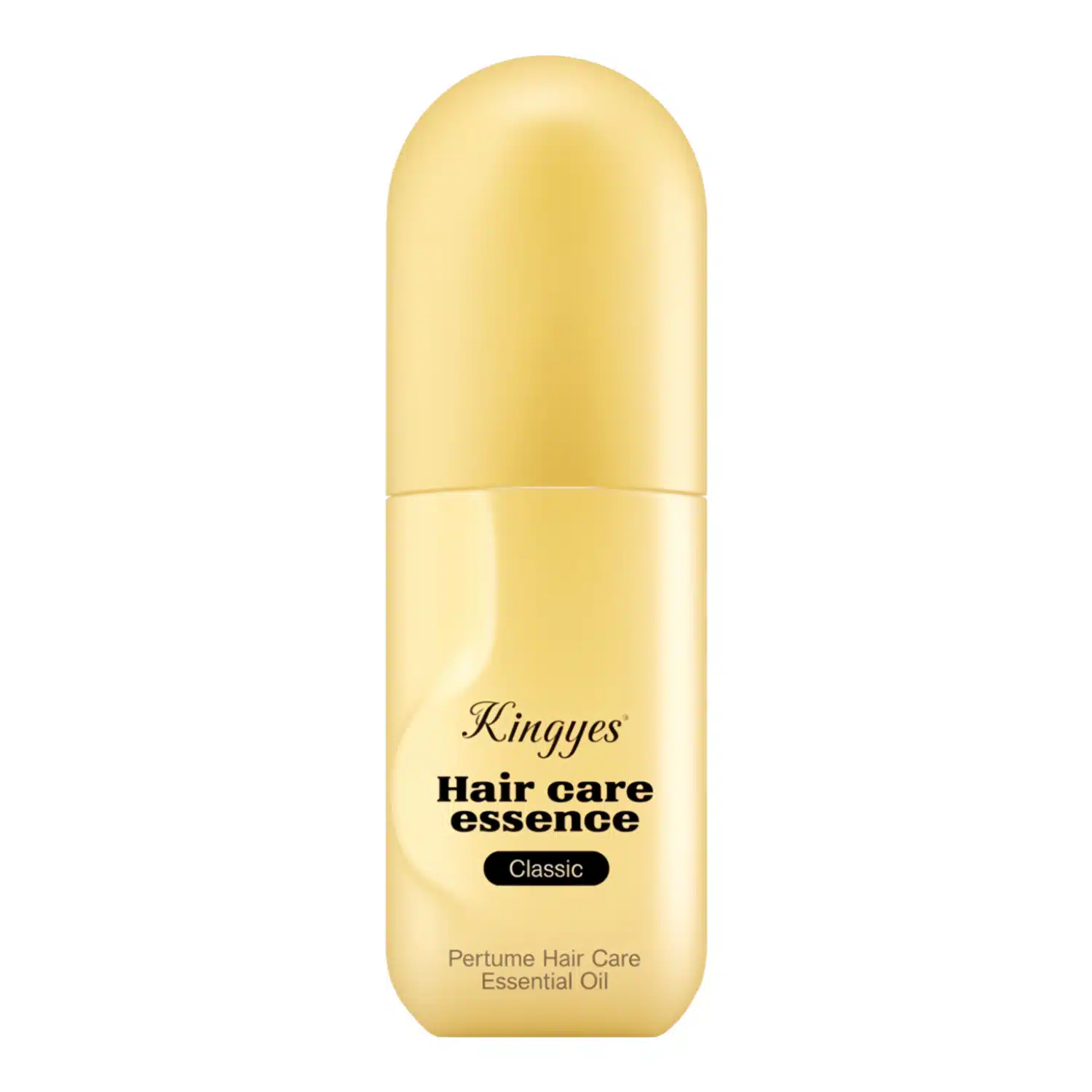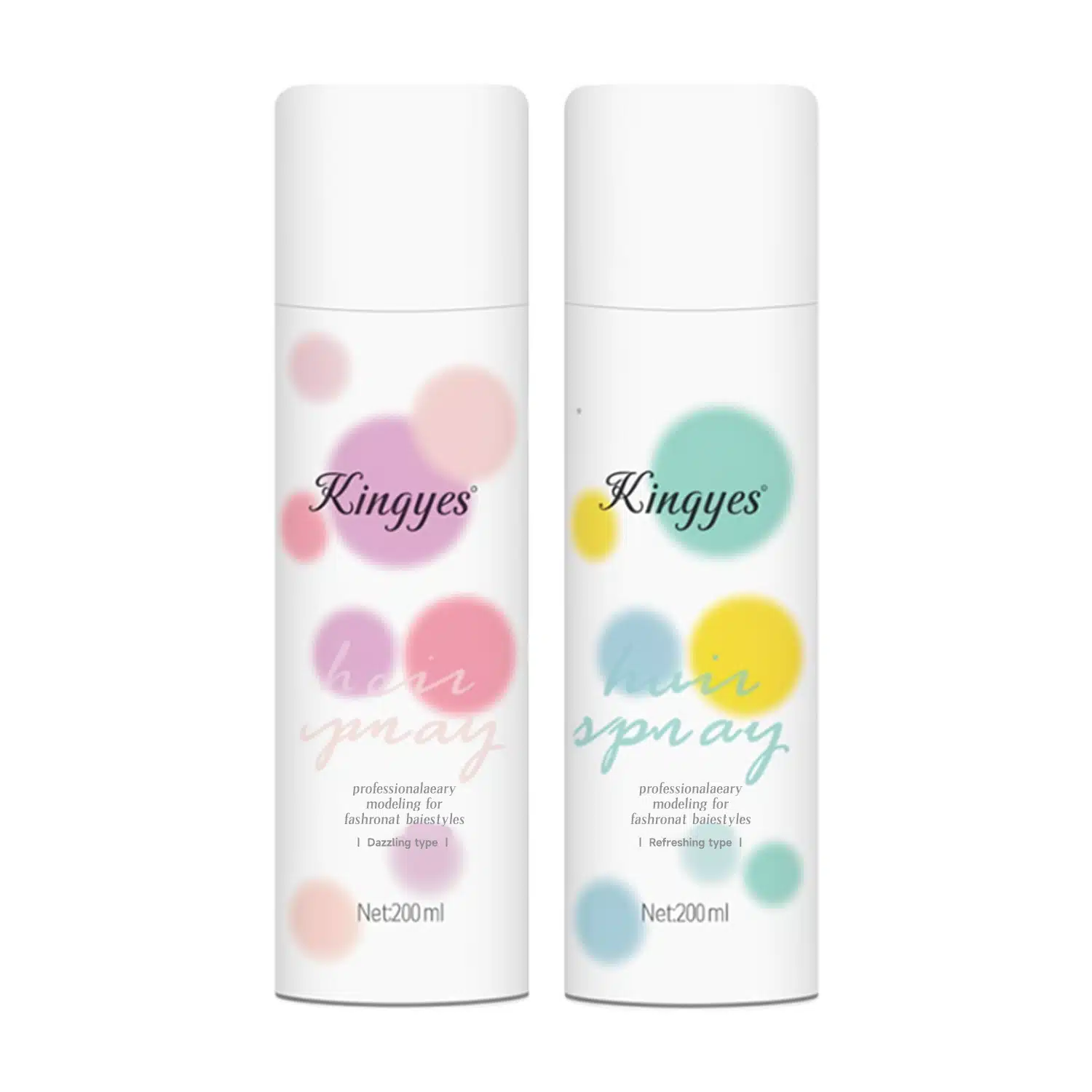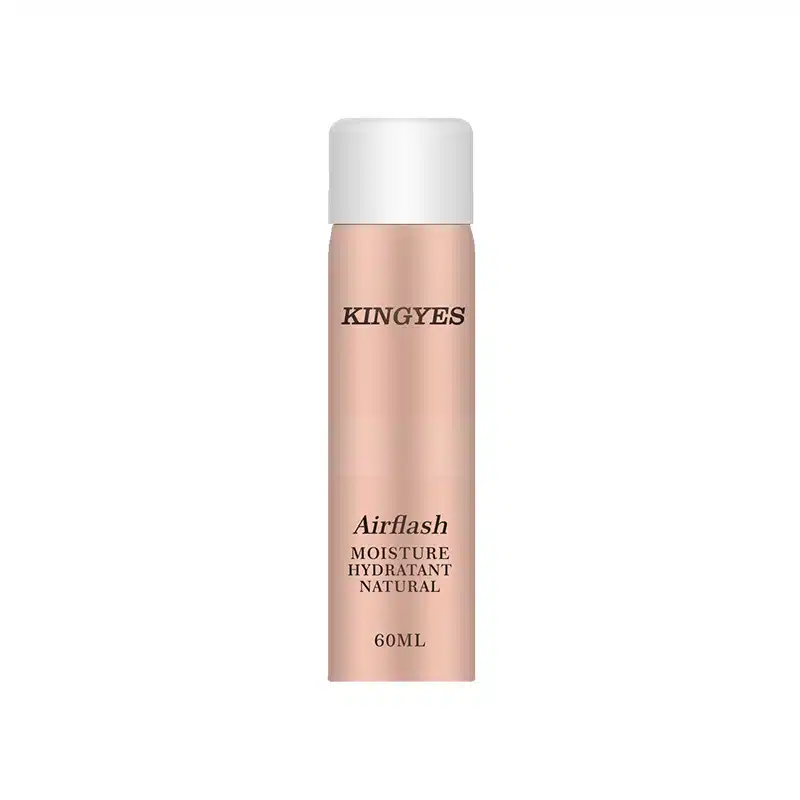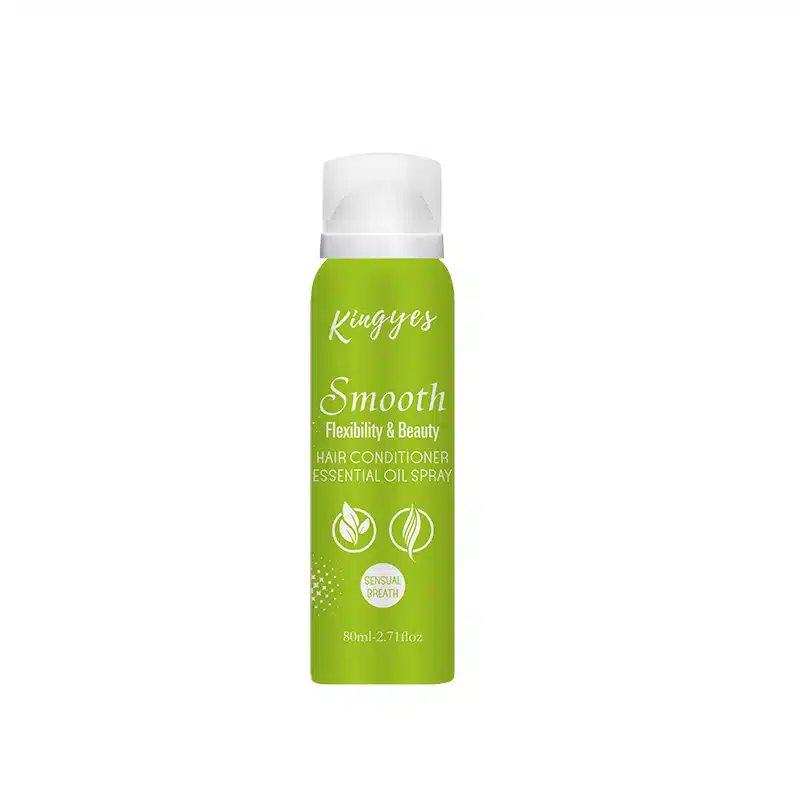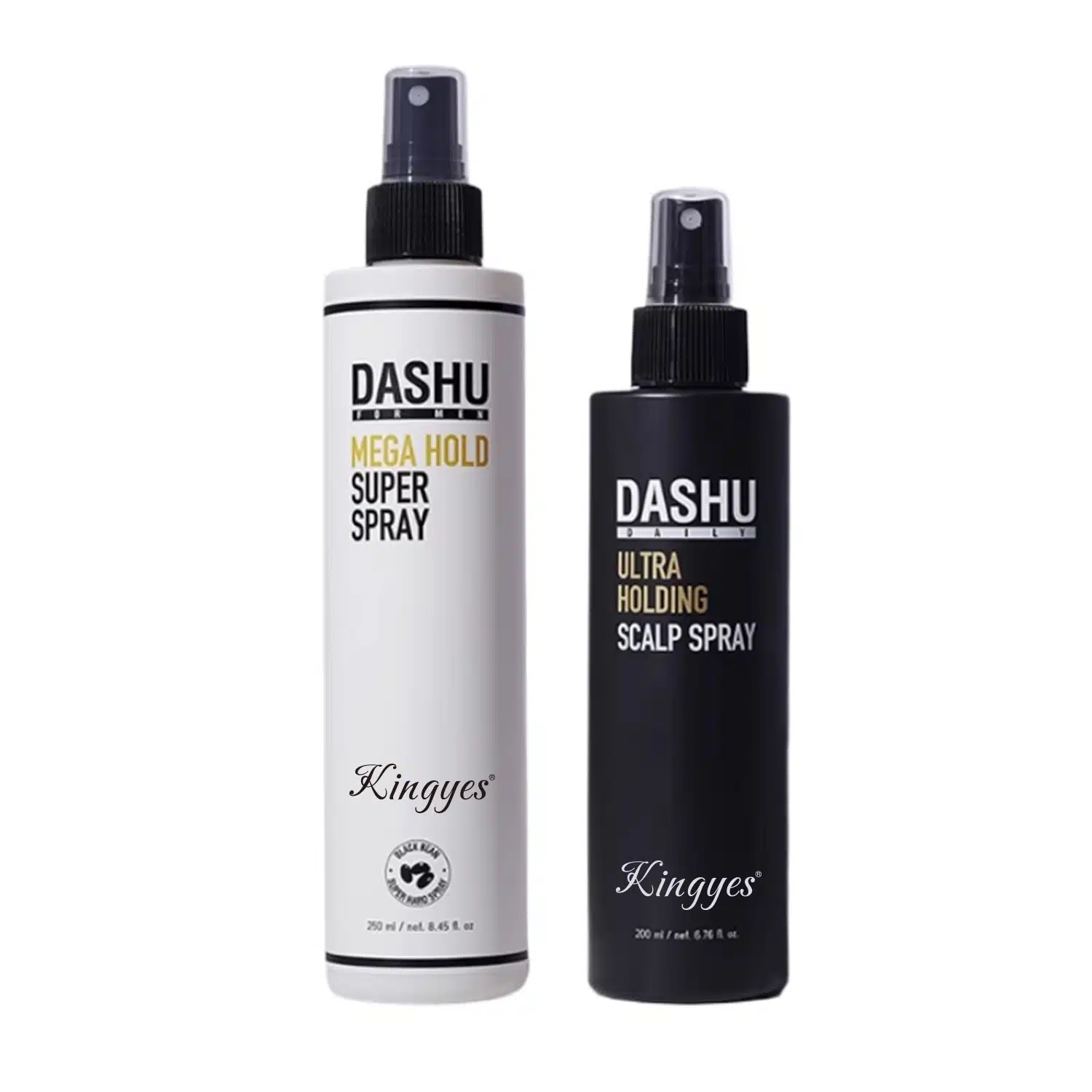
What Oils Do What For Hair?
Table of Contents
This comprehensive guide explores various hair oils and how they can transform your hair. Whether you’re battling frizz, dryness, or lack of shine, the right oil can make all the difference. Read on to find out which oils suit your hair needs and how to use them effectively.
Why Use Hair Oils?
Hair oils have been a staple in beauty routines for centuries. They offer numerous benefits, including:
- Nourishment: Oils provide essential nutrients like vitamins and fatty acids.
- Moisture Retention: They lock in moisture, preventing dryness and breakage.
- Scalp Health: Oils can soothe the scalp and reduce dandruff.
- Shine and Smoothness: Regular use leads to shiny, manageable hair.
Using the right oil can address specific hair concerns and improve overall hair health.
What Is the Best Oil for Hair Growth?
Castor Oil
Castor oil is renowned for promoting hair growth due to its high ricinoleic acid content.
- Benefits:
- Stimulates blood circulation to the scalp.
- Encourages hair follicles to grow thicker strands.
- How to Use:
- Warm a small amount and massage into the scalp.
- Leave it on for at least 30 minutes or overnight.
Rosemary Oil
Rosemary oil has been scientifically proven to be as effective as minoxidil, a common hair growth treatment.
- Benefits:
- Promotes nerve growth.
- Improves circulation.
- How to Use:
- Mix a few drops with a carrier oil.
- Apply to the scalp twice a week.
Can Coconut Oil Repair Damaged Hair?
Absolutely! Coconut oil is a powerhouse for hair repair.
- Benefits:
- Penetrates deep into hair shafts.
- Reduces protein loss in both damaged and undamaged hair.
- How to Use:
- Use as a pre-wash treatment.
- Apply to damp hair and leave for 20–30 minutes before washing.
Did You Know?
Coconut oil contains lauric acid, which has a low molecular weight, allowing it to penetrate hair more effectively.
Is Argan Oil Good for Frizzy Hair?
Yes, argan oil is excellent for taming frizz.
- Benefits:
- Rich in vitamin E and antioxidants.
- Protects hair from environmental damage.
- How to Use:
- Apply a few drops to clean, towel-dried hair.
- Focus on the ends and mid-lengths.
Quick Tip
For extra shine, apply a tiny amount after styling your hair.
How Does Jojoba Oil Benefit the Scalp?
Jojoba oil closely resembles the scalp’s natural sebum.
- Benefits:
- Moisturizes without leaving a greasy residue.
- Helps unclog hair follicles.
- How to Use:
- Massage into the scalp before washing.
- Can be used daily in small amounts.
Should You Use Olive Oil for Dry Hair?
Olive oil is a fantastic remedy for dry hair.
- Benefits:
- High in monounsaturated fats.
- Seals moisture into the hair shaft.
- How to Use:
- Warm the oil slightly.
- Apply generously from roots to tips.
- Cover with a shower cap for 30 minutes before rinsing.
What Are the Benefits of Almond Oil?
Almond oil is lightweight and packed with nutrients.
- Benefits:
- Contains omega-3 fatty acids.
- Strengthens and repairs hair.
- How to Use:
- Use as a leave-in conditioner.
- Mix with other oils for a hair mask.
How to Choose the Right Oil for Your Hair Type?
For Oily Hair
- Recommended Oils:
- Jojoba oil
- Grapeseed oil
- Why:
- Light and non-greasy.
- Balance sebum production.
For Dry Hair
- Recommended Oils:
- Olive oil
- Coconut oil
- Why:
- Deeply moisturizing.
- Repair damaged strands.
For Normal Hair
- Recommended Oils:
- Argan oil
- Sweet almond oil
- Why:
- Provide shine and softness.
- Maintain overall health.
DIY Hair Oil Blends: Are They Effective?
-
Creating your own hair oil blends can be highly effective.
- Benefits:
- Tailored to your specific needs.
- Cost-effective.
- Popular Ingredients:
- Essential oils like lavender and peppermint.
- Carrier oils like jojoba and coconut.
- Benefits:
Recipe Example
Nourishing Hair Growth Blend
- 2 tablespoons castor oil
- 1 tablespoon coconut oil
- 5 drops rosemary essential oil
Mix all ingredients and apply to the scalp once a week.
Tips for Applying Hair Oils Correctly
- Less Is More: Start with a small amount to avoid greasiness.
- Warm the Oil: Enhances absorption.
- Massage Gently: Stimulates the scalp and relaxes muscles.
- Consistency: Regular application yields the best results.
- Avoid Overuse: Too much oil can attract dirt and clog pores.
Frequently Asked Questions
1. Can I leave hair oil in overnight?
Yes, leaving oil in overnight allows deeper penetration. Just make sure to protect your bedding with a towel.
2. How often should I oil my hair?
Oiling 1-2 times a week is sufficient for most people. Over-oiling can lead to buildup.
3. Can I mix different oils together?
Absolutely! Mixing oils can combine their benefits. Just be mindful of how your hair responds.
4. Does oiling hair lead to dandruff?
Using too much oil or not washing properly can contribute to dandruff. Always rinse thoroughly.
5. Are essential oils safe for hair?
Yes, but they should be diluted with carrier oils to prevent irritation.
6. Is it necessary to heat the oil before application?
Warming the oil can enhance absorption but isn’t mandatory.
Key Takeaways
- Identify Your Hair Needs: Choose oils that address your specific concerns.
- Use Correctly: Proper application enhances benefits.
- Natural Solutions Work: Many oils offer effective, chemical-free hair care.
- Consistency Is Key: Regular use leads to better results.
- Listen to Your Hair: Pay attention to how your hair responds and adjust accordingly.
Comments
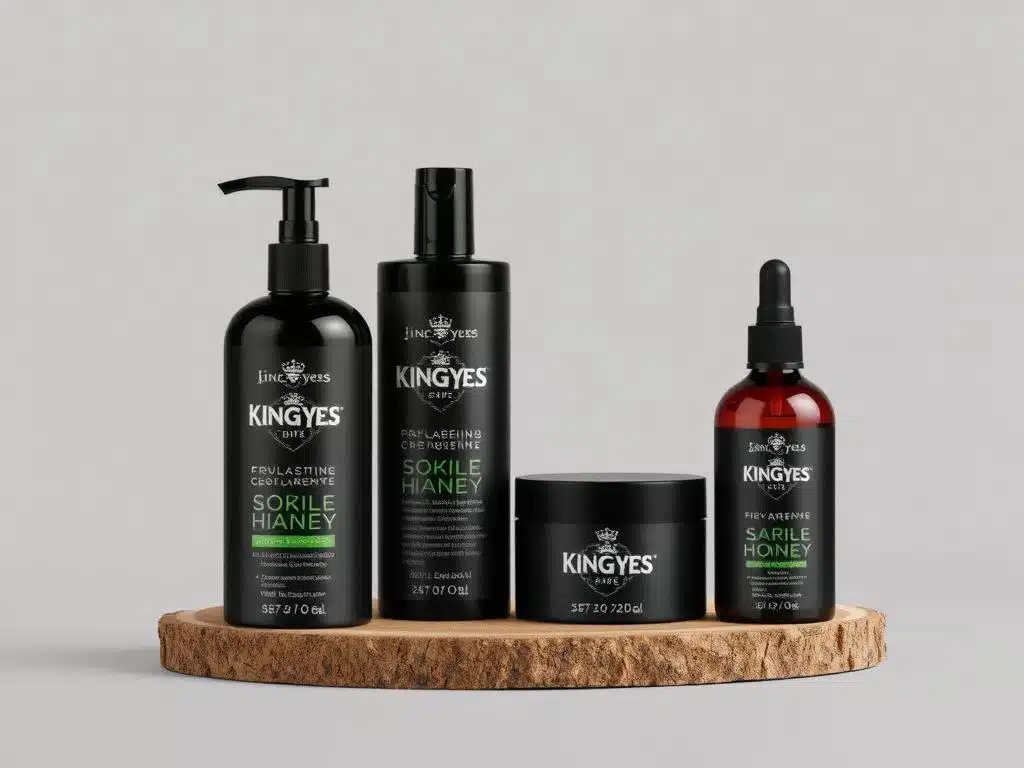
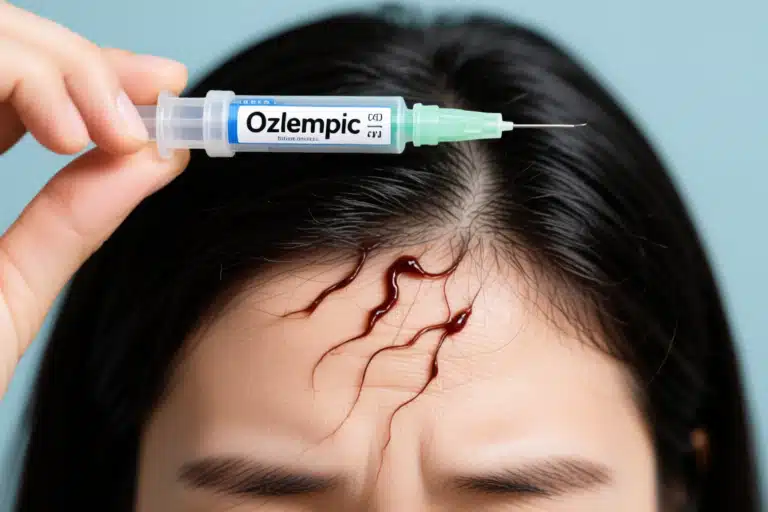
Does Ozempic Cause Hair Loss? The Truth You Need to Know
You step into the shower.
The water runs hot.
You lather your hair with shampoo.
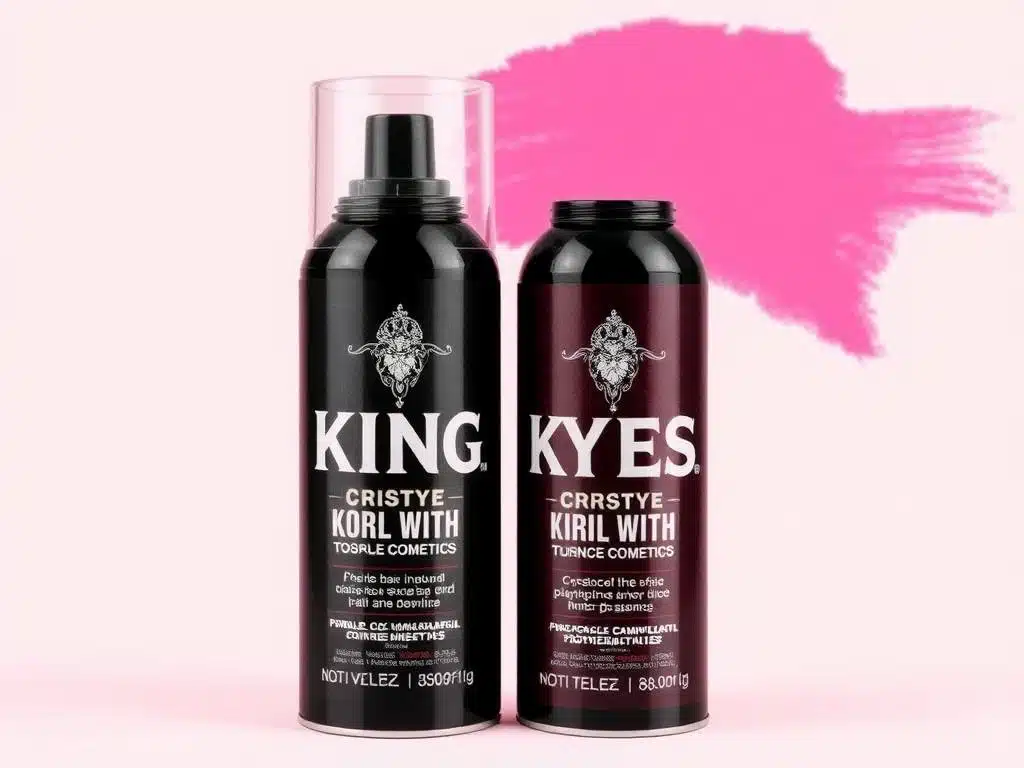
How To Sell Cosmetics On Tiktok?
Want to tap into the viral power of TikTok to boost sales for your cosmetics brand?
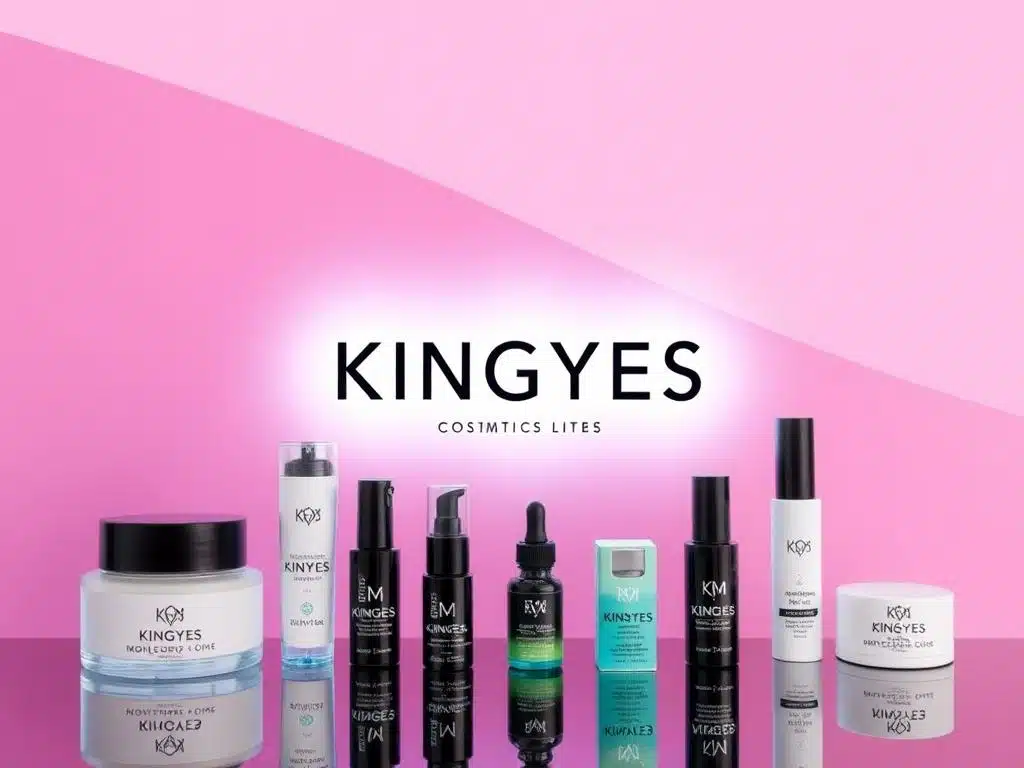
What Is The Quality Standard For Cosmetics?
In the rapidly evolving cosmetics market, ensuring product quality and consumer safety is paramount.
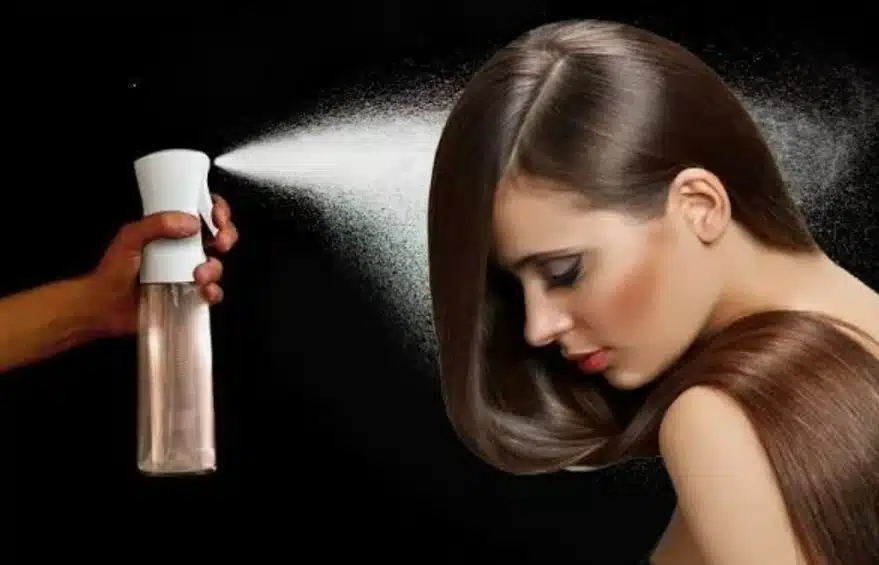
What Is Sprays Used For In Hair?
Are you curious about the magic behind flawless hair days?
- +86 151 1839 7303
- [email protected]
- Mon-Sun 07:00-23:00
Tags

How to Choose a Reliable Cosmetic OEM Manufacturer in China?
How to Pick a Good Makeup Maker in China: A Guide for You.
You possess a concept.
A new face cream. A new hair spray. A new nail color.
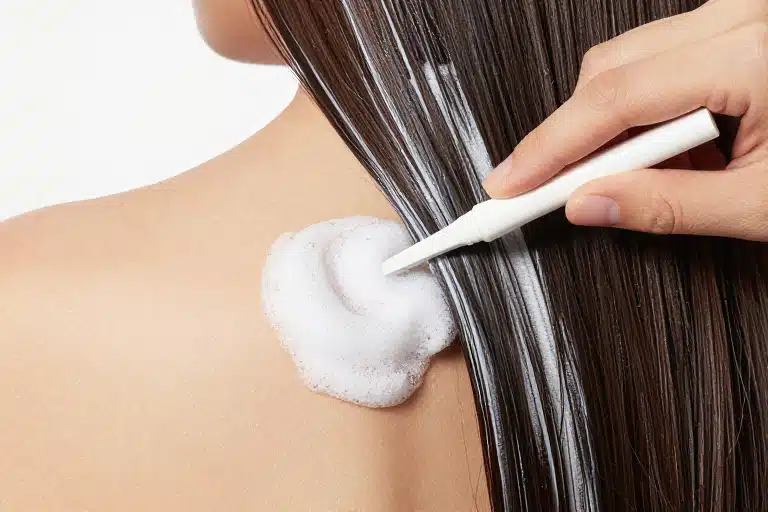
How to Get Hair Dye Off Skin: The Only Guide You Need
Picture this.
You just dyed your hair. You used a new color. It looks great. Your hair shines. You feel happy. You feel like a new person.

How Often Should You Wash Your Hair? The Ultimate Guide
The alarm rings.
You wake up. You stretch. You walk to the mirror.
You look at your hair.

